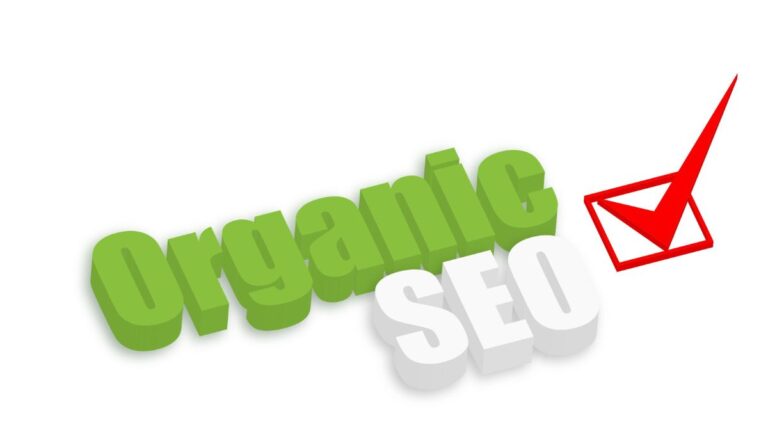Small Business Insurance 101: What You Need to Protect Your Business
Running a small business often feels like spinning multiple plates at once. From managing your employees to securing customers, your hands are likely full. However, one task you shouldn’t overlook is safeguarding your business with the right insurance.
Small business insurance isn’t just about meeting legal requirements—it’s about securing your livelihood. This blog will walk you through the essentials of small business insurance, why it matters, and the types of coverage every entrepreneur should consider.
Why Small Business Insurance Matters
Your business is an investment of time, energy, and resources. However, unexpected events—such as lawsuits, property damage, or accidents—can risk all of that hard work.
Small business insurance offers financial protection in these scenarios, ensuring that your business can recover quickly without draining your personal or professional finances. Here’s why it’s critical for every business owner:
- Protect Against Legal Risks: Whether it’s a customer slipping in your store or an intellectual property dispute, lawsuits are unpredictable and often costly. Insurance shields you from potentially devastating legal fees and settlements.
- Safeguard Assets: From expensive equipment to office spaces, your business relies on valuable assets. Insurance ensures you’re financially covered if they’re damaged, stolen, or vandalized.
- Comply with Legal Requirements: Many states and industries require businesses to carry certain types of insurance. Meeting these requirements helps you avoid penalties or legal complications.
- Attract Clients and Investors: For some clients and partners, having insurance can be a prerequisite for doing business. It builds credibility and demonstrates professionalism.
Types of Small Business Insurance
There’s no one-size-fits-all when it comes to insurance, as every business has unique needs. Here’s a breakdown of the most common types of coverage you should know about.
1. General Liability Insurance
What it covers: Accidents, injuries, or property damage caused by your business operations.
Who needs it: Nearly all small businesses benefit from this basic coverage—whether you operate a coffee shop, run a marketing agency, or sell products online.
Example: If a customer slips on a freshly mopped floor in your store, general liability insurance can cover their medical expenses and any related legal fees.
2. Commercial Property Insurance
What it covers: Damage to your physical business location or assets caused by fire, theft, storms, or vandalism.
Who needs it: Businesses with physical locations or valuable equipment, from bakeries to tech startups.
Example: A burst pipe floods your office, ruining furniture and electronics. Property insurance helps cover repair and replacement costs.
3. Workers’ Compensation Insurance
What it covers: Medical expenses, lost wages, and rehabilitation for employees injured on the job.
Who needs it: This is often legally required if you have employees, whether full-time or part-time.
Example: A warehouse worker strains their back lifting a heavy box. Workers’ compensation helps pay for their medical treatment and recovery time.
4. Professional Liability Insurance
What it covers: Claims of negligence, mistakes, or failure to deliver services as promised.
Who needs it: Service-based businesses, such as consultants, marketers, or freelancers, often require this protection.
Example: A client sues their graphic designer for delivering a logo that contains copyrighted material. This insurance helps with legal defense and any settlements.
5. Business Interruption Insurance
What it covers: Lost income and operating expenses if your business is forced to temporarily close due to unforeseen events.
Who needs it: Ideal for businesses that rely on physical locations or foot traffic, like restaurants or retail shops.
Example: A major storm damages your storefront, causing you to shut down for repairs. This insurance covers lost revenue and payroll during the closure.
6. Product Liability Insurance
What it covers: Claims of injury or damage caused by a product you sell.
Who needs it: Businesses that design, manufacture, or sell physical products.
Example: A customer reports a skin rash after using your skincare lotion. Product liability insurance helps cover legal and medical costs.
7. Cyber Liability Insurance
What it covers: Expenses related to data breaches, cyberattacks, and digital liabilities.
Who needs it: Any business that stores customer data, handles online transactions, or operates through digital platforms.
Example: Hackers breach your small ecommerce site, stealing customer credit card information. Cyber liability insurance helps with legal fees, notification costs, and recovery efforts.
How to Choose the Right Coverage
Not every business needs all types of insurance, so how do you decide which coverage is right for you? Here are some tips to guide your decision-making process.
Assess Your Risks
Conduct a thorough assessment of your specific risks. Do you handle sensitive customer data? Do you rely heavily on physical assets? Understanding your vulnerabilities helps prioritize the types of insurance to invest in.
Consider Your Industry
Certain industries come with unique insurance needs. For example, construction firms often require builder’s risk insurance, while healthcare providers need malpractice insurance. Research industry standards to ensure comprehensive protection.
Review Legal Requirements
Check both state laws and client contracts to determine which types of insurance are mandatory for your business. For example, most states require workers’ compensation if you have employees.
Factor in Your Budget
While insurance is an investment, it’s important to find coverage that fits within your financial means. Many insurers offer customizable plans, allowing you to scale up as your business grows.
Top Questions Small Business Owners Have About Insurance
1. How much does small business insurance cost?
The cost of insurance varies depending on factors like your industry, business size, location, and coverage type. On average, small business owners may spend anywhere from $500 to $2,000 annually for basic coverage.
2. Do I need insurance if I’m a sole proprietor?
Yes! Even as a sole proprietor, you’re exposed to risks like liability claims or property damage. Insurance protects your personal finances from being drained in case of legal issues.
3. Can I bundle different types of coverage?
Many insurers offer Business Owner Policies (BOPs), which combine general liability and property insurance at a lower cost. Bundling coverage can simplify your insurance plan and save money.
4. Is insurance tax-deductible for small businesses?
Absolutely! Insurance premiums are typically considered a business expense, which means they can be deducted when you file your taxes. Consult a tax professional for details.
Secure Your Future with the Right Coverage
Small business insurance isn’t just a safety net—it’s a strategic tool to protect your business against potential risks and challenges. By understanding your unique needs and choosing the right coverage, you can focus on growing your business with confidence.
Need help finding the right insurance plan? Connect with a trusted insurance agent or use online comparison tools to explore your options. The right coverage today can secure your business’s future for years to come.






